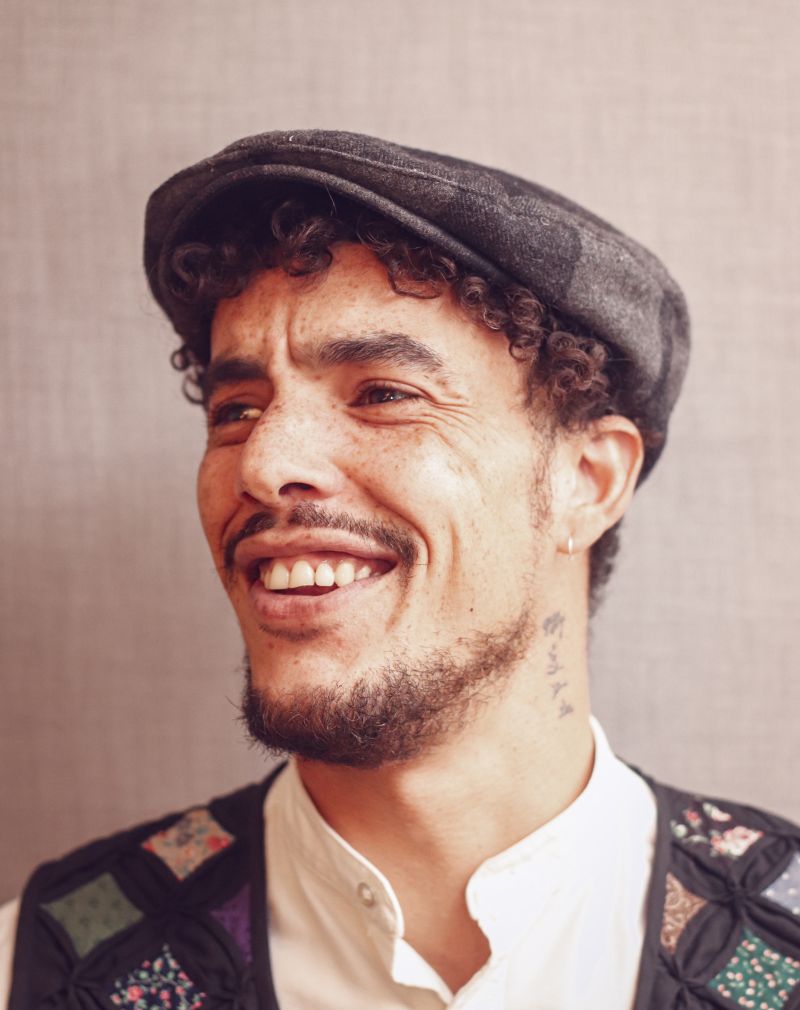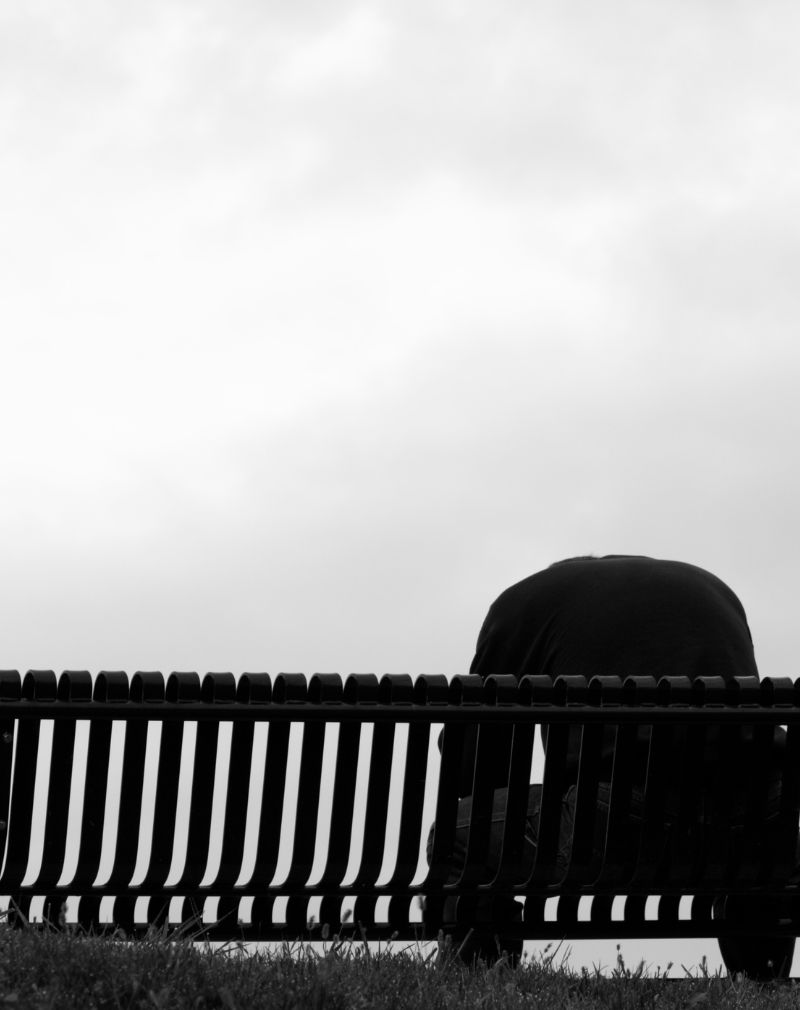They laugh at lunch. They tell stories, tease friends, and look like they have it all together.
Then they go home and cry in the shower, quietly, so no one hears.
You’d never know it by looking. But around one in eight people lives with a mental health disorder. Less than half ever reach out for help.
It’s not because they don’t want to. It’s because they’ve learned to survive by pretending.
Here’s the truth most people avoid saying out loud: smiling hurts less than explaining why you can’t.
Anxiety doesn’t always look nervous. Depression doesn’t always look sad. Burnout often looks like a person who’s still showing up.
At The American Wellness Center in Dubai Healthcare City, our Psychology Department sees this every day. People who seem fine but feel like they’re holding their breath through life.
We help them stop pretending. We help them see that being okay and looking okay are not the same thing.
Because smiles don’t tell the whole story. People do.
Why We Hide Emotional Pain
Most people don’t wake up and decide to hide how they feel. They do it because it feels safer.
In places like Dubai, where success is visible and vulnerability is private, appearing “fine” becomes part of the job. You learn to smile through exhaustion, nod through stress, and say you’re okay even when you’re not.
For many expatriates, there’s another layer; distance from family, pressure to adapt, fear of being seen as “not coping.” So they blend in. They stay busy. They keep it together until they can’t.
The fear runs deep:
- Being judged feels worse than being sad.
- Admitting you’re struggling feels like failing.
- And asking for help feels like breaking the image you’ve worked so hard to build.
But silence has a cost. Studies show that nearly 60 percent of people living with depression never tell their families. They mask it instead with jokes, long hours, or endless distractions that keep the truth at bay.
Hiding pain doesn’t make it smaller. It just makes it lonelier.
The Science Behind the Smile
Your brain can only carry so much before it starts to show cracks. When you suppress emotion, your body doesn’t forget; it stores it.
The part of the brain that handles stress, called the amygdala, stays alert when emotions are pushed down. It keeps releasing signals that raise your heart rate, tighten your muscles, and flood your body with stress hormones.
That constant state of alert can lead to fatigue, headaches, insomnia, even a weakened immune system. It’s like keeping your foot on the gas while pretending you’re parked.
There’s a name for this kind of living; high-functioning depression. You still work, socialize, and even laugh. But everything feels heavier than it should.
Recent data show that more than 40 percent of professionals now experience symptoms linked to burnout or masked depression. The pressure to perform is real, especially in fast-paced cities where productivity is worn like a badge.
Everyday Signs Someone Might Be Struggling
Most people don’t announce their pain. It shows up quietly, in small, familiar ways.
Watch for these signs, not as a checklist, but as gentle reminders that someone might be fighting harder than they look:
- They withdraw from plans, or they overcompensate by being overly cheerful.
- They seem tired all the time, forget things, or get irritated easily.
- They struggle to rest, even when life looks “stable.”
- They fill every hour with work to avoid stillness.
- They say “I’m fine” before you’ve even finished asking.
Noticing is an act of care. You don’t need the perfect words. Just the courage to see what others overlook.
Because sometimes, the smallest “Are you really okay?” can be the lifeline someone’s been waiting for.
Breaking the Silence; Why Talking Helps
Talking isn’t weakness. It’s medicine.
When you speak your truth, your body calms down. Cortisol, the stress hormone, starts to drop. Your breathing slows. Your muscles loosen. You stop bracing for the next emotional hit.
Sharing feelings also releases oxytocin. It’s the same hormone that helps you feel safe and connected. That’s why a real conversation can leave you lighter, even if nothing has “changed.”
The mind heals best when it feels heard. Silence keeps pain trapped inside. Words give it shape. And once it has shape, it can be managed.
Therapy works the same way. It’s not about waiting for a crisis. It’s about learning how to manage life before it becomes too heavy to carry.
Early therapy support can cut the risk of long-term anxiety and depression by nearly half. The earlier you talk, the easier it becomes to feel steady again.
At The American Wellness Center in Dubai Healthcare City, our psychologists are trained in proven methods like cognitive behavioral therapy, trauma-informed care, and emotional regulation. We offer both in-person and teletherapy sessions, so support fits into real life—not the other way around.
- Talking doesn’t make you weak. It makes you real.
- Keeping quiet doesn’t protect you. It isolates you.
- Therapy isn’t the last step. It’s the first healthy one.
How to Support Someone Behind the Smile
You can’t fix someone’s pain. But you can make sure they don’t face it alone.
Start with presence, not pressure. Most people don’t need advice; they need to feel seen.
Here’s what helps:
- Listen without jumping in to fix things. Sometimes silence says, “I’m with you.”
- Check in often. Not just when something looks wrong. Consistency builds safety.
- Encourage them to speak with a professional. Offer to help find one or go with them if they’re nervous.
- Skip the “stay positive” lines. Try this instead: “That sounds hard. I’m here if you need me.”
When someone opens up, don’t rush to fill the space. Let the quiet hold them. That’s what real support sounds like.
The Role of Professional Help at AWC
Healing doesn’t start with a diagnosis. It starts with feeling safe enough to tell the truth.
At The American Wellness Center, therapy is about more than reducing symptoms. It’s about helping people rebuild trust in themselves and in life.
Our services include:
- Individual and family therapy that meets you where you are.
- Stress and burnout programs designed for modern life.
- Counseling for trauma, depression, anxiety, and adjustment challenges.
Every session is private. Every story is treated with respect.
In a city as diverse as Dubai, cultural understanding matters. Our psychologists are trained to listen across languages, beliefs, and experiences—so you feel understood, not analyzed.
Because healing starts with being seen, not judged. And that’s what we do best.
Seeing Beyond the Smile
You never really know what someone carries behind their eyes. Even your own reflection can lie to you sometimes.
Mental pain hides well. It smiles. It jokes. It goes to work. It keeps going long after it should have stopped.
But there’s a quiet breaking point inside every person; the one where pretending stops working. We’ve seen too many people reach it before they reach for help.
If this feels close to home, it’s not by accident. You’re reading this because something inside you already knows it’s time.
You don’t have to keep holding it alone. You don’t have to keep performing “okay.”
At The American Wellness Center in Dubai Healthcare City, our psychologists are here for the conversations you’ve avoided, the truths you’ve buried, and the part of you that’s tired of pretending.
If you’ve read this far, you already know it’s time. Let us take the next step with you.



